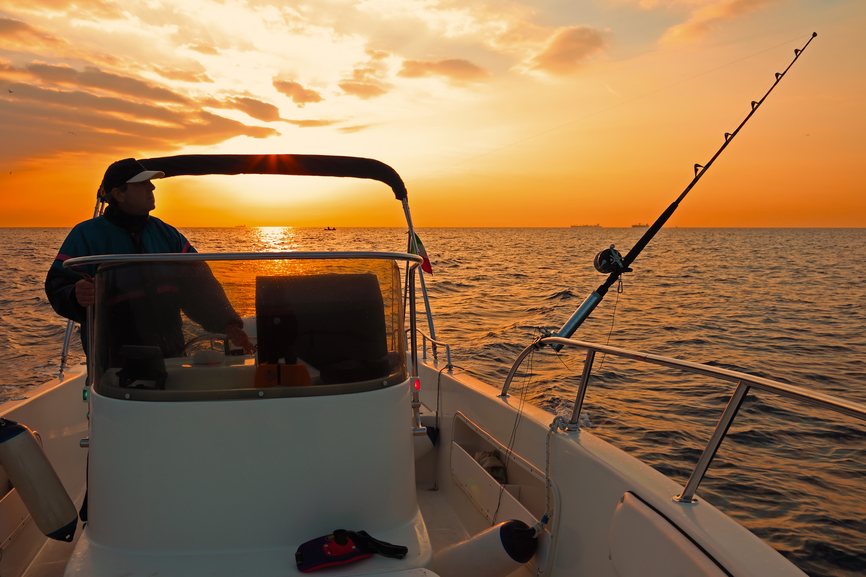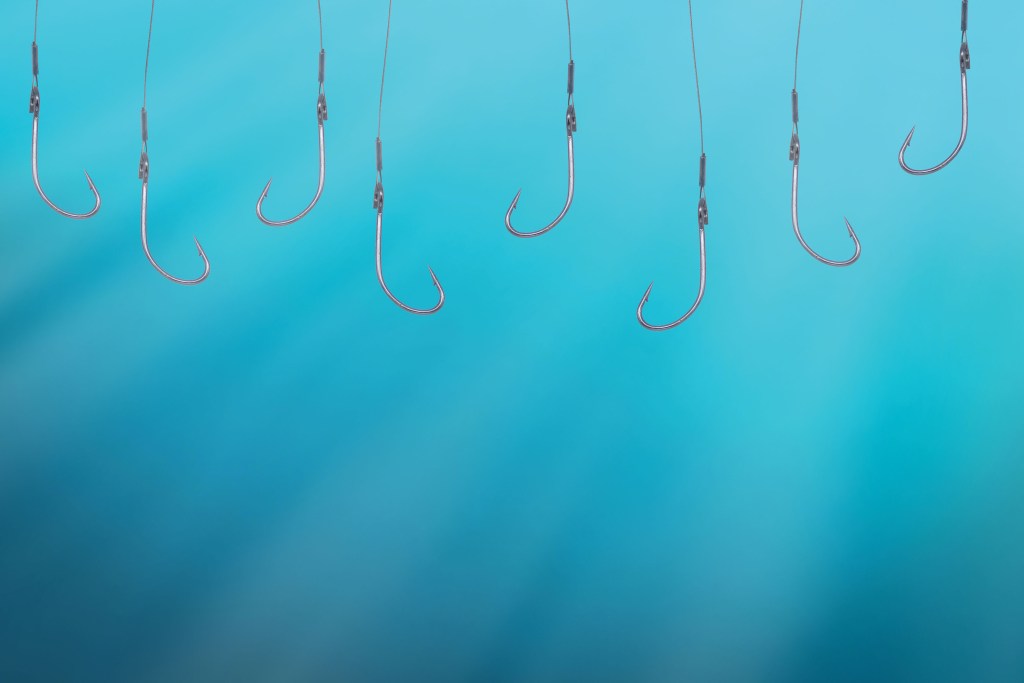How to Sell It: Personal Marine Insurance

By: Jacquelyn Connelly
The personal marine market is flourishing.
As the general economy continues to improve, insureds are making more purchases in discretionary areas, including boats. “We’ve seen an uptick in the boat market and the price of boats is starting to go back up again,” says Bill Gatewood, corporate vice president and director of personal insurance for Burns & Wilcox.
Main powerboat segments are up 7.5% year over year—and it’s not just one class or type of risk that’s driving success, says Brad Seeley, marine product lead at Foremost Insurance, who cites double-digit growth for segments like aluminum fishing, pontoons and outboard fiberglass.
The takeaway for agents? “There are both opportunities and challenges to providing proper coverage as more and more of their clients are purchasing boats or purchasing bigger boats and coming to them looking for coverage,” Gatewood says.
But selling marine isn’t like selling auto. Where do you begin?
Endorsements vs. Standalone Coverage
The most important thing to remember is that a marine-specific policy is much more effective than an endorsement to a homeowners policy. “An endorsement will give you some boat coverage, but there’s a lot of reliance upon those home policies to provide protection that is simply not included,” Gatewood says. “They’re very cheap. You’re insuring this boat for less than $100 on your homeowner policy.”
An endorsement might cover basics like physical damage to the hull and basic liability, but “there are many holes between a watercraft endorsement and a true marine policy,” Seeley adds. “Customers are starting to become aware that they can’t just get away with that homeowners endorsement. More times than not, the customers are not getting the coverage they desire.”
Homeowners policy endorsements for watercraft tend to have coverage gaps related to the full replacement cost of the boat, Gatewood says. Pollution is another issue—“if you have a discharge of fuel, oil or other toxic material into the water, there’s absolutely no pollution coverage at all for your boat” under a homeowners endorsement, he points out. “As you start to get into those more specialized areas, you really need a specialty market that focuses exclusively on marine coverage.”
And the price difference is minimal, Gatewood points out. “It’s not a case where you’re going to pay 30-40% more to get a really good policy,” he says. “In most cases it’s the same price or a slight increase. The pricing is so insignificant. It’s just an awareness issue.”
The ramifications extend beyond customer service. “In the past, agents may have gotten away with writing these homeowners endorsements,” Seeley says. “But now, insureds are hearing about their neighbors or people in the marinas that have coverage through XYZ company—‘I’ve got wreck removal’ or ‘I’ve got pollution’ or ‘I’ve got something for the hoist and cradle or my boat lift, why don’t you?’ Agents need to be a little more cautious. Their radar needs to be up when it comes to E&O.”
Ask the Right Questions
Personal marine is one of various insurance areas—including motorcycles and classic cars—where clients expect professionals to be as well-versed as they are. “They want somebody who can speak the language and who understands the lifestyle,” Gatewood says. “I’ve seen cases where people’s attitude toward boat insurance is ‘If you can insure my boat well, you can have my home and my auto too.’”
And because the boating community is tight-knit, selling marine can be “a wonderful way for an agent to get referrals,” Gatewood points out. “If a boat owner has a claim and it’s handled well, they’re going to tell all the other boaters down at the marina how well it went.”
But “insuring a boat well” requires digging into the personal needs of each marine client. Here are the questions you should ask when placing coverage for a boat owner:
1) Where are you keeping the boat? “A boat that’s kept in the water year-round is at higher risk for something happening vs. a boat that’s kept on a trailer stored at the insured’s home,” explains Jim Grimm, technical supervisor and examiner in the watercraft claims group at American Modern. “Vessels that are kept at a commercial storage lot, there’s not somebody there all the time, so the susceptibility for vandalism is increased.”
As an agent, you might be able to secure discounts based on the boat’s storage. “There can be benefits where you’re trying to incentivize getting the boat out of the water,” Grimm says. “That’s where most risk occurs.”
2) Are you taking seasonal protective measures with your boat? “Make sure insureds are winterizing their boats,” Grimm advises. “This year especially, you’re going to see a huge increase because of the harsh winter and polar temperatures further down south—you’re going to have an increase in cracked engines because they weren’t winterized. Almost every policy I’ve ever seen has an exclusion for freeze damage if the boat’s not winterized.”
3) What’s your boating experience? This question should address “not just experience boating in general, but experience with that size boat,” Grimm says. “There’s a big difference between operating a 23-foot wakeboard boat and a 35-foot cruiser. Just because you have 20 years of boating experience doesn’t mean you have really any kind of experience with that type of boat. As far as what we see on a claims side, the less experienced you are, the more likely you’re going to have something happen.”
Jacquelyn Connelly is IA senior editor.










